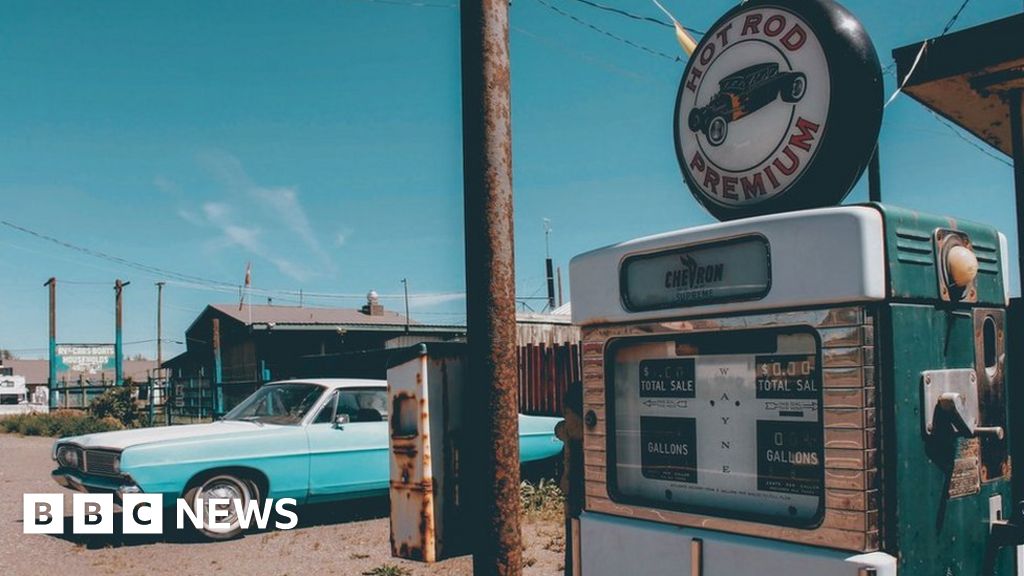This isn't going to be a problem for many years yet because even small towns typically have several petrol stations, so as demand falls they won't all shut at once, the numbers will slowly contract, the remaining demand will be shifted to the ones which remain so there will still be some around. Plus, with most ICE cars having a range of several hundred miles even if they do become rarer and more widely spaced it's something you can incorporate into your routine, stopping whenever you pass one.
There's no doubt the numbers will fall over time but I think there's a bit of wishful thinking going on about how quick it will happen, given that over 90% of new cars sold today are still entirely or partially fossil fuelled and these are will be on the roads for around 14 years. The demand for fossil fuel for at least a further 10 -15 years is being set by the cars being sold now.
It will indeed take time, for example local to me (within 3 miles, even though we're rural) there's 5 petrol stations and a population of ~20,000.
It's likely that it will take a few years before one goes and then another few years for another to go, however the number of petrol stations have been falling for several years now and WFH may well have an impact on them as well (due to less commuting and therefore likely reduced congestion).
Whilst filling up whilst doing something else is possible, over time it may well be that for some locally to me that would involve a 3 mile trip from their home (to be fair most likely after at least 2, if not 3, of the 5 petrol stations close, so probably not until after 2035, if not later.
The other thing which could influence the rate of decline is what happens with fuel duty. If we started to see it start to increase again, then that's likely to speed the change away from ICE's.
Whilst that would have political implications, the fewer that there are the less this will be ( not something which is likely to be overly soon).


